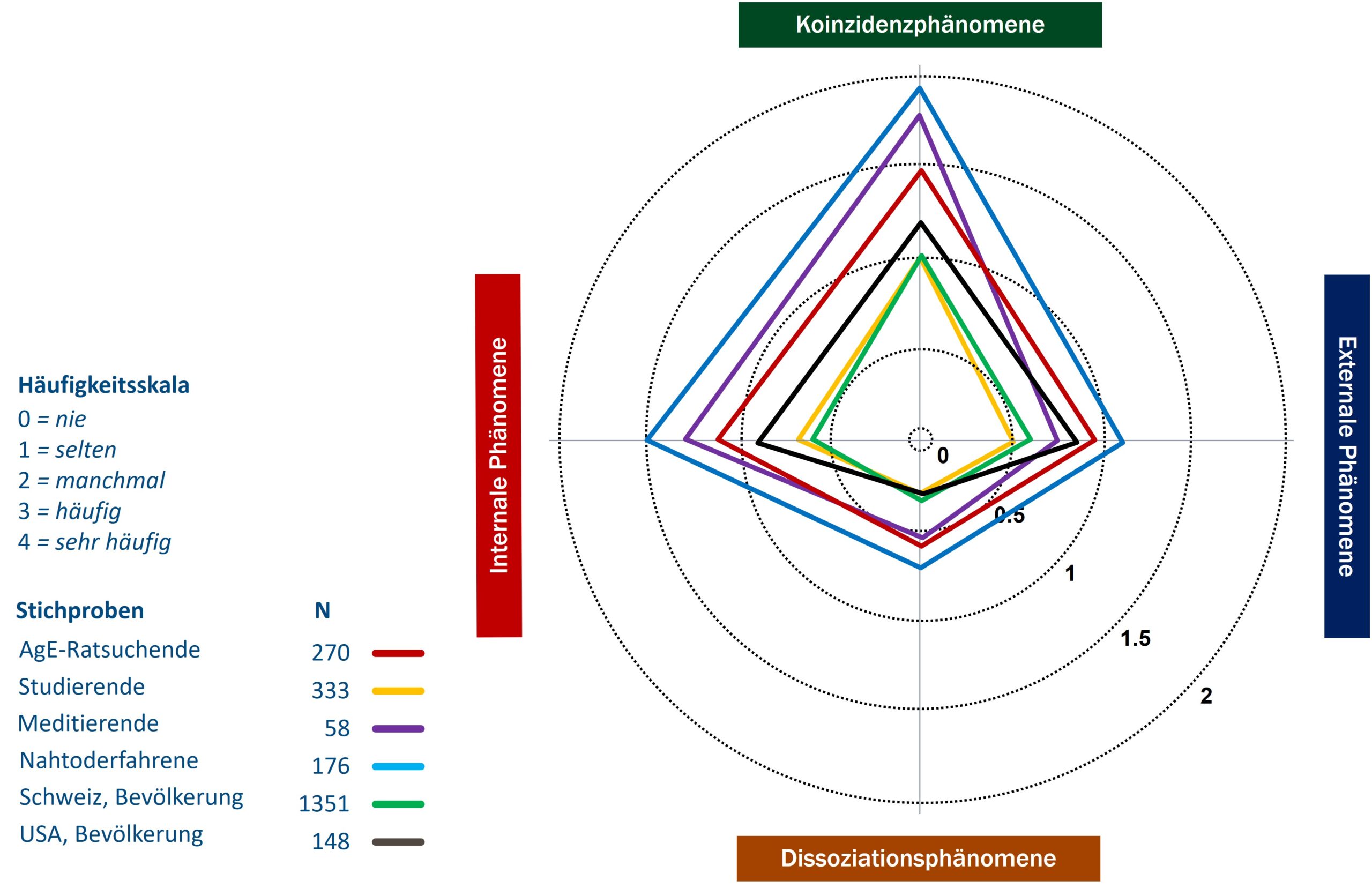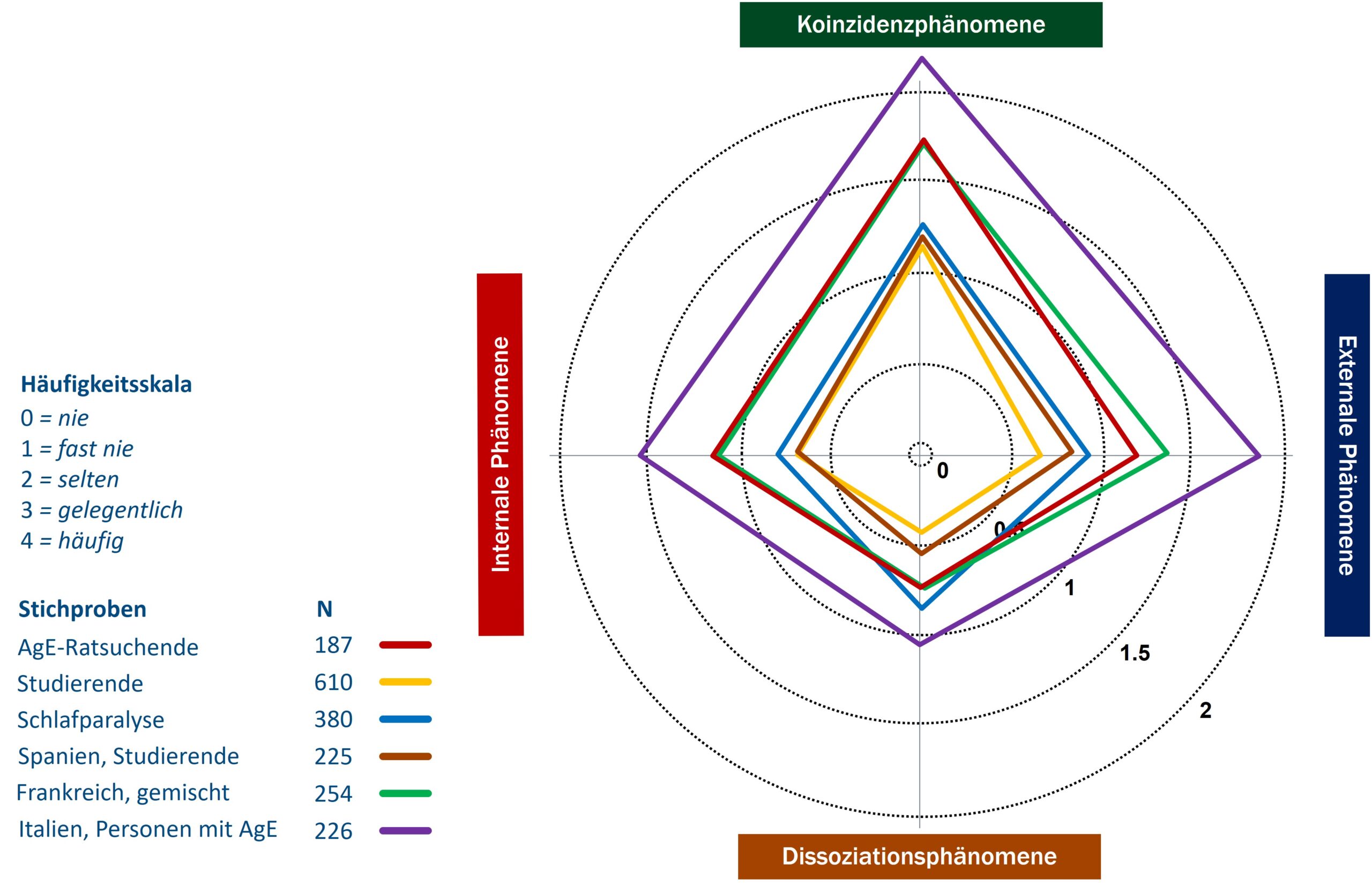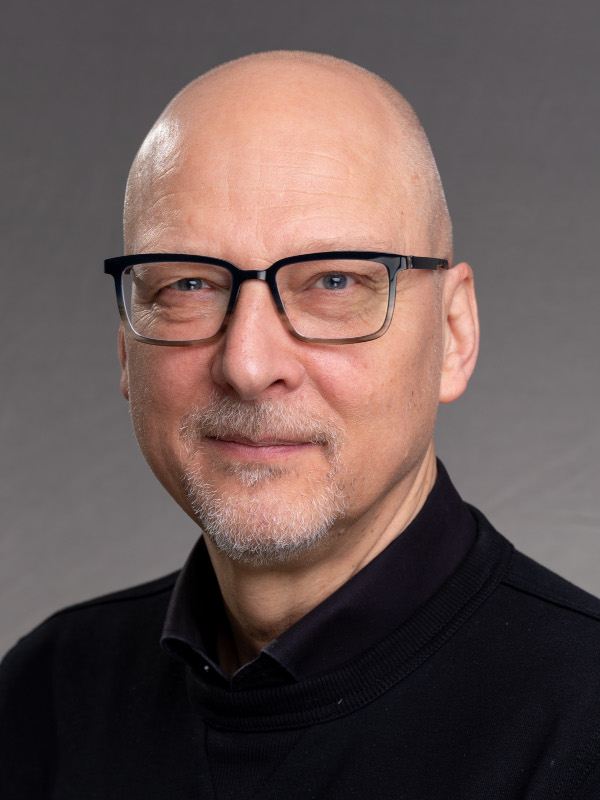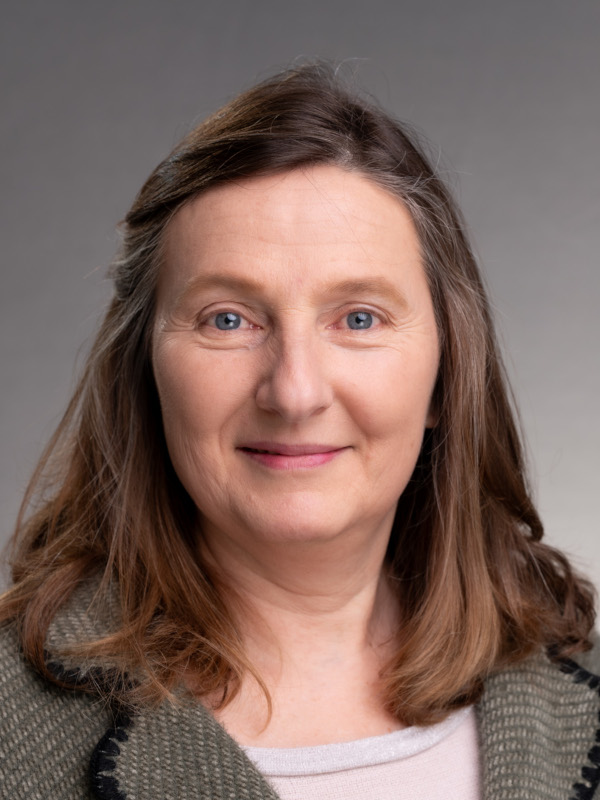Based on the assumption that the human mental model of reality is grounded in a dichotomy between a self-model and a world-model, four basic classes of exceptional phenomena (ExP) can be postulated. In terms of their location, ExP may appear as internal phenomena within the self-model or as external phenomena within the world-model. Regarding their relational nature, ExP can manifest as coincidence phenomena, representing unusual connections between elements of the self-model and the world-model, or as dissociation phenomena, representing unusual separations. In principle, all exceptional experiences (ExE) can be traced back to ExP belonging to one or more of these four basic classes. Derived from this theoretical framework, the “Questionnaire on the Phenomenology of Exceptional Experiences” (PExE) was developed and has been used in its revised form (PExE-R) in counseling settings since 2011. It assesses the frequency of ExP within the four basic classes, their temporal occurrence, situational context, and sociodemographic data.
In 2017, a comparative study was conducted using six samples: ExE clients, university students, the Swiss general population, individuals with near-death experiences, meditators, and a sample from the United States (Fach, 2024). Results showed that the frequency of ExP among clients was roughly twice as high as in the general population. Even higher frequencies were reported by individuals with near-death experiences and by meditators.



